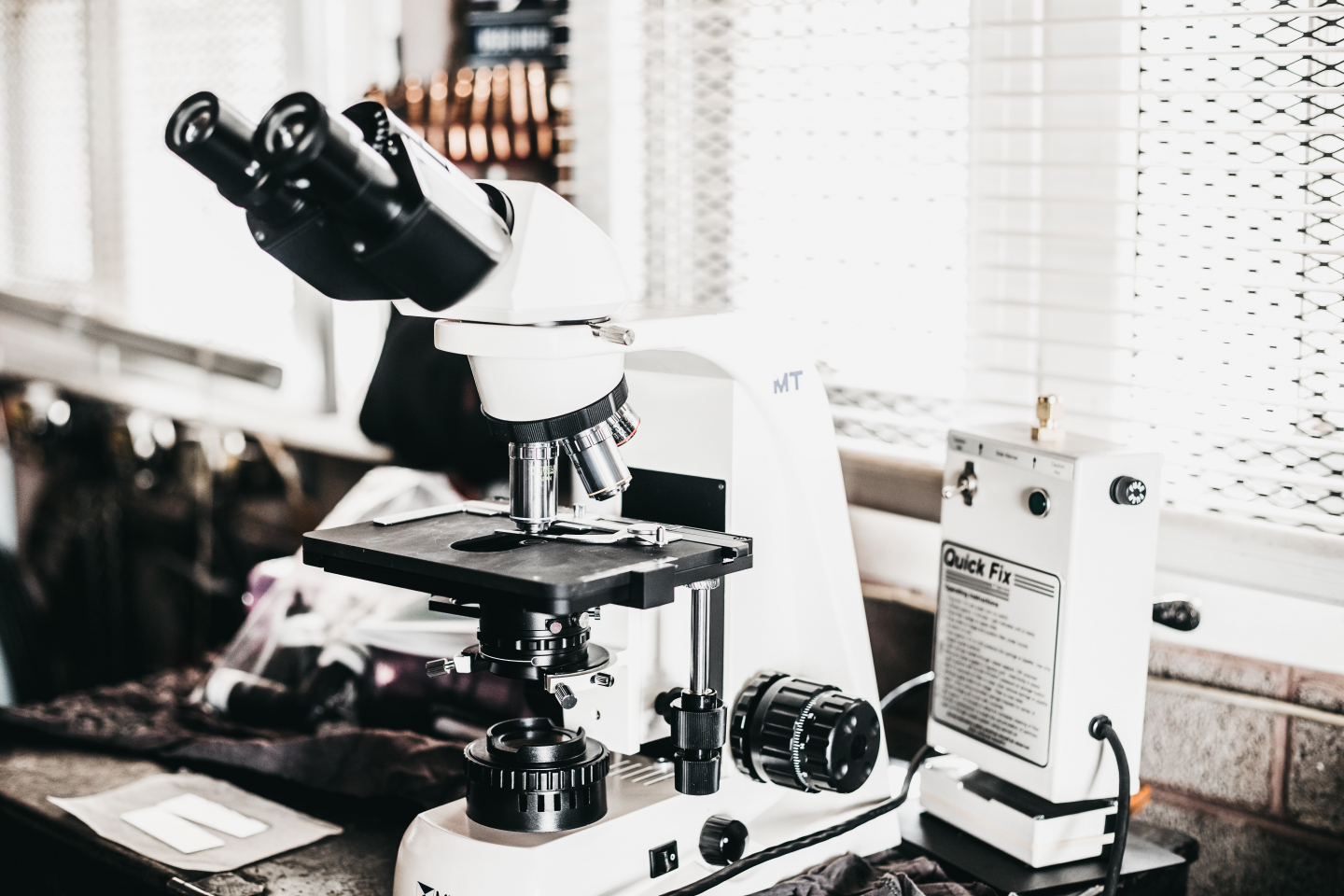
The U.S. Court of Appeals for the Federal Circuit heard oral arguments this month in a patent dispute between Big Pharma giant United Therapeutics Corporation (UTC) and a small biotech attempting to bring a competing product to market for patients living with pulmonary hypertension.
UTC markets itself as “the first publicly traded biotechnology company organized” as a Public Benefit Corporation (PBC) committed to “developing novel pharmaceutical therapies.” But the drug maker’s anti-competitive strategy around the pulmonary hypertension medication Treprostinil offers a case study of how Big Pharma’s abuse of the patent system undermines actual innovation that can benefit patients and distorts the prescription drug market.
The United States patent system is meant to protect and promote innovation, but loopholes are routinely exploited by large drug makers to block competition. The staggering cost of these anti-competitive tactics on blockbuster products used by millions of Americans, like AbbVie’s Humira, are well documented.
Less explored is the impact these practices have on incentives to pursue actual innovation that delivers better clinical value for patients.
Pulmonary hypertension is a progressive condition that impacts blood flow between the heart and the lungs. According to the National Institute of Health (NIH), “about one percent of people globally” suffer from this serious disease, which, over time, causes heart health and lung function to deteriorate. There is no cure for this condition that eventually leads to heart failure, but medication helps manage symptoms and slow the progression of the disease.
The principal medication used to treat this condition is Treprostinil. The drug is a manufactured version of a naturally occurring substance in the body, Prostacyclin. Prostacyclin was discovered in 1976 and helps to dilate blood vessels, which decreases blood vessel pressure in the lungs and reduces strain on the heart. UTC’s first Treprostinil product, injectable Remodulin, was approved by the FDA on May 21, 2002. More than twenty years later, its manufacturer, UTC, continues to corner the market on this drug.
UTC still has 10 patents listed as protecting Remodulin going out until March 2029. UTC has an oral Treprostinil product, Orenitram, with patents out until 2031 and an inhalable version of Treprostinil, Tyvaso DPI, with patents out until 2035. UTC’s main strategy is to obtain product-by-process patents in the same family that essentially claim a new way to make the same old drug. This has enabled UTC to keep its monopoly well beyond the average exclusivity of 14.4 years, or even the full patent life of 20 years.
UTC’s monopolization of the Treprostinil molecule gave it little incentive to innovate on things like delivery mechanisms. Its main inhalant product, Tyvaso, was a nebulized product that required patients to use a special machine.
That was until a small biotech, Liquidia Technologies, became the first company to innovate a proprietary dry-powder formulation of Treprostinil that would more precisely and conveniently deliver treatment to the source of the disease in the lungs, reducing side effects and toxicity from the currently available treatment, and significantly reducing the burden of administration for patients .
Liquidia’s dry powder inhaled version of treprostinil completed a Phase 3 trial in January 2018, but nearly six years later remains blocked from the marketplace by UTC’s patent and litigation strategy.
Faced with actual innovation from a potential competitor that could result in better clinical outcomes for patients, this purported Public Benefit Corporation responded with lawsuits and a flurry of sham patents, abusing the Hatch-Waxman process by claiming new ways to make the same old product.
UTC has had 37 of 49 patent claims invalidated on their Treprostinil products and, in fact, all the patents in the Treprostinil family listed in the Orange Book have been invalidated by either the U.S. District Court or by the Patent Trial and Appeal Board (PTAB).
Invalidating each of these patents imposes significant expense on a smaller potential competitor like Liquidia — while delaying their ability to bring their product to market by a factor of years, even if UTC’s patents are ultimately all thrown out.
This raises a critical question: Why would any small biotechnology company invest in true innovation in the face of Big Pharma’s apparently limitless ability to block them from the market with sham patents?
Liquidia used its capital to develop a new innovation on an old drug to improve clinical outcomes for patients. Their reward has been years of costly patent litigation.
Meanwhile, UTC keeps riding a wave of sham patents all the way to the bank. On their most recent quarterly earnings call, UTC boasted about hitting “record quarterly revenue” largely attributed to $89.7 million in increased sales of “Treprostinil-based products.”
Far from providing a public benefit, UTC’s anti-competitive Treprostinil strategy showcases how the greed of Big Pharma giants undermines true innovation that can improve health outcomes for patients, including those with serious conditions. Policymakers must respond with reforms that crack down on egregious abuse of the patent system to reverse these upside-down incentives.
Joshua Lamel is executive director of The Public Innovation Project.
